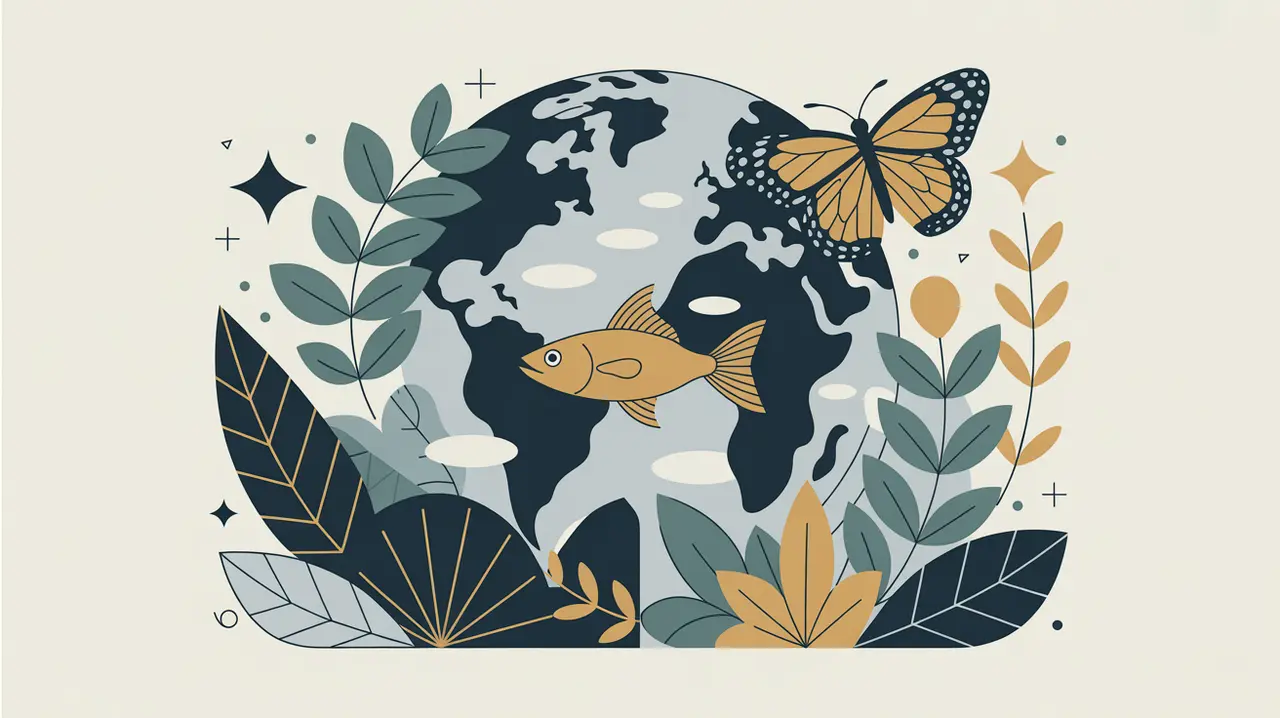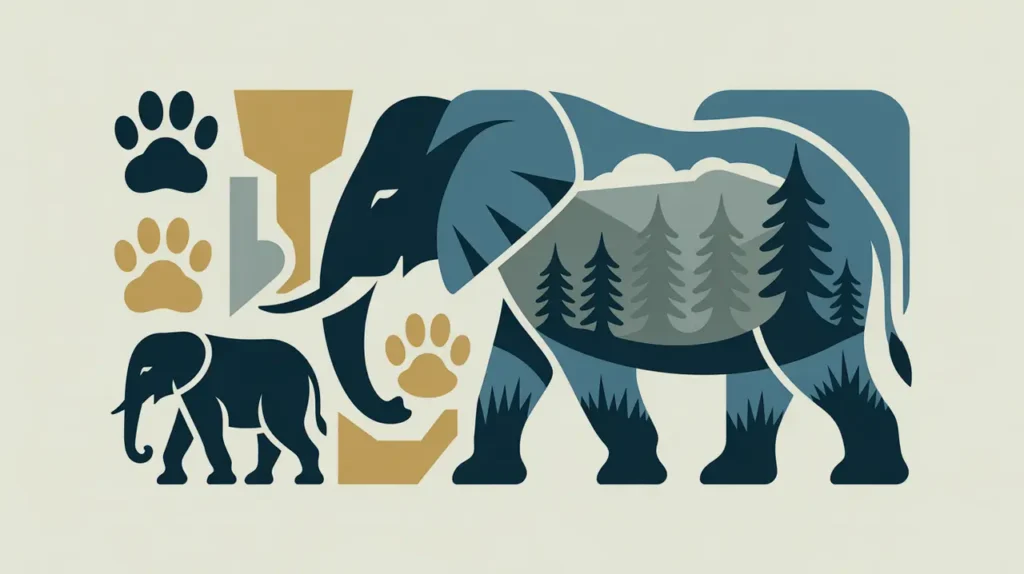Importance of Biodiversity
Biodiversity is essential for sustaining ecosystems, livelihoods, and human wellbeing. In international development, it underpins food security, climate resilience, and health by maintaining the balance of natural systems. For nonprofits and social innovators, biodiversity represents both a responsibility and an opportunity: protecting species and ecosystems while designing solutions that support sustainable use of natural resources. The erosion of biodiversity threatens the foundations of development, making its preservation a critical global priority.
Definition and Features
Biodiversity refers to the variety and variability of life on Earth, encompassing the diversity of species, genetic variation within species, and the range of ecosystems. Its defining features include:
- Species Diversity: the number and abundance of different organisms.
- Genetic Diversity: variation within species that allows adaptation.
- Ecosystem Diversity: the variety of habitats and ecological processes.
- Resilience: the ability of ecosystems to recover from shocks and stresses.
How this Works in Practice
In practice, biodiversity conservation involves protected areas, sustainable land-use practices, and community-based natural resource management. For example, conservation NGOs may work with indigenous groups to preserve forests while creating livelihood opportunities through ecotourism or sustainable harvesting. Global agreements such as the Convention on Biological Diversity guide policy frameworks, while local initiatives focus on restoring degraded habitats, protecting endangered species, and monitoring ecosystem health. Challenges include habitat loss, climate change, pollution, and unsustainable exploitation of resources.
Implications for Social Innovation
Biodiversity holds profound implications for social innovation. Protecting it requires solutions that balance conservation with human development needs. Innovations such as payment for ecosystem services, biodiversity credits, or nature-based solutions to climate adaptation demonstrate how conservation can align with economic incentives. For proximate actors, engaging in biodiversity work affirms the value of local knowledge and stewardship traditions. By integrating biodiversity into agriculture, urban planning, and market systems, social innovators can help ensure that natural wealth is preserved as a foundation for inclusive and sustainable development.







